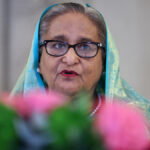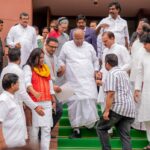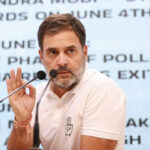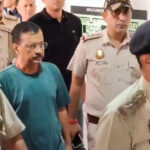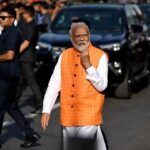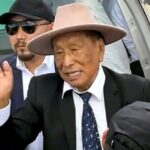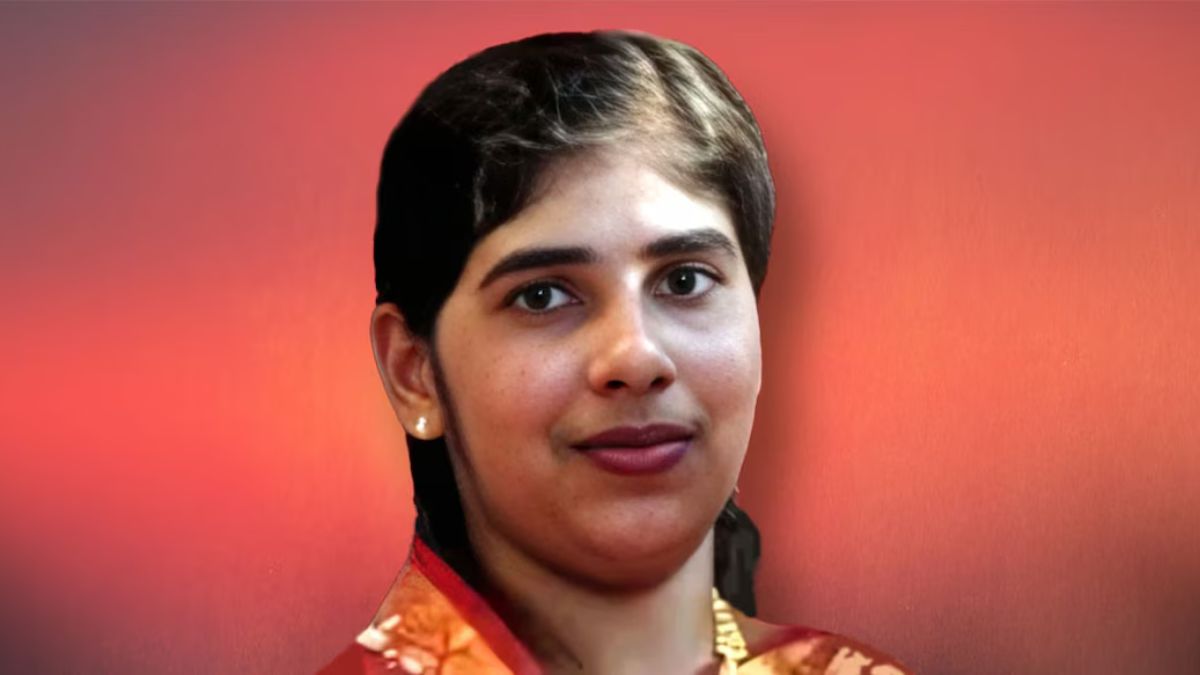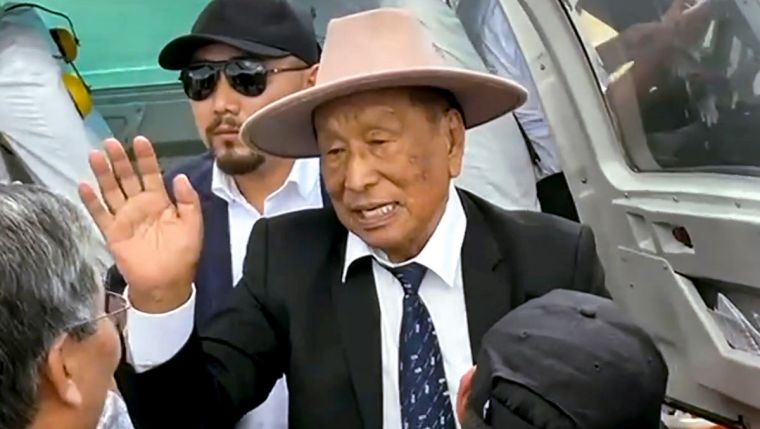The family of the victim has accused Samuel Jerome, an Indian social worker in Yemen who had long been the only “link” for the Nimisha Priya International Action Council, which is working to spare the Indian nurse from the death penalty, of fraud while the case of Nimisha Priya, the Indian nurse on death row for the murder of Yemeni national Talal Abdo Mahdi, is still pending.
Originally set for July 16, Nimisha Priya’s execution was postponed due to last-minute attempts. Conflicting theories on how the postponement occurred have since surfaced.
According to Jerome, Sheikh Abdul Nahya, a community leader from the tribe that the Mahdi family is a part of, is responsible for the execution date adjustment. He had previously stated that he made a number of proposals to the victim’s relatives, including helping Talal Abdo Mahdi’s brother go to the United Arab Emirates or Saudi Arabia and offering $1 million in blood money.
However, the brother of the Yemeni man who was killed, Abdel Fattah Mahdi, claimed that Jerome had never seen the family or communicated with them by phone or message, despite collecting substantial sums of money under the guise of “negotiations.”
Abdel Fattah went on to say that he only saw Jerome after the execution order was approved by the president of the Supreme Political Council, which is controlled by the Houthis. “A thousand congratulations!” he wrote, his face beaming with happiness as he approached me to offer his compliments.
In a desperate attempt to preserve her daughter, Nimisha Priya’s mother has been in Yemen since April 2024. Jerome was her choice to engage in negotiations with the Mahdi family.
Advocate Subhash Chandran, who speaks for the Nimisha Priya Action Council’s legal branch, denied Jerome’s assertions that the postponement was the result of his efforts. Kanthapuram A. P. Aboobacker Musliyar, a Muslim cleric and general secretary of the Samastha Kerala Jem-iyyathul Ulama, who has a personal and spiritual relationship with Yemeni Sufi leaders actively involved in the mediation process, Chandran said, was largely responsible for the delay. Before Kanthapuram’s intervention, Chandran pointed out, there had been no sincere discussions with the Mahdi family.
Concerns were also raised by Jerome’s refusal to reveal the expenditure of $40,000 that was transferred for negotiations through the Indian Embassy in Riyadh. According to Chandran, he is not sure if any of the money reached the Mahdi family and there has been no clear input on how the monies have been used. Chandran further asserted that Jerome had stopped interacting with the Action Council and forming associations with it ever since concerns were brought up regarding these monies.
Abdel Fattah has now made public accusations that Jerome is still soliciting funds under the guise of discussions. Interestingly, Abdel Fattah is still adamantly against any kind of compromise.
“We reiterate that our entitlement to have the retribution penalty applied is not a courtesy that someone gives us or a privilege that is sometimes granted and sometimes denied. God’s mandate is retribution; it is an unchangeable divine duty that does not expire with time. He wrote on social media, “Delayed justice is not justice.”
Samuel Jerome, who is presently in Yemen, has been contacted by THE WEEK to address the accusations made against him. A response is anticipated.
